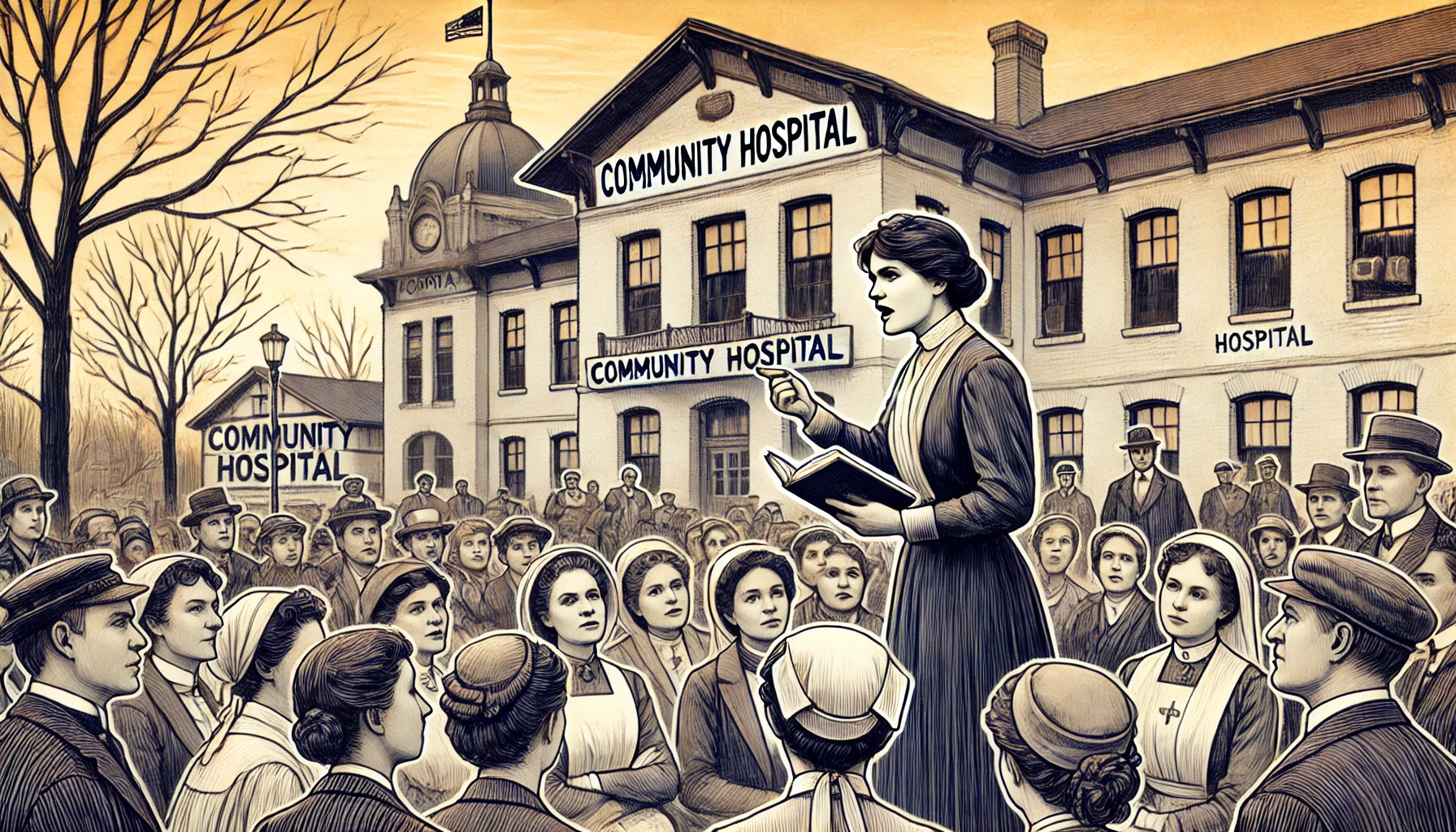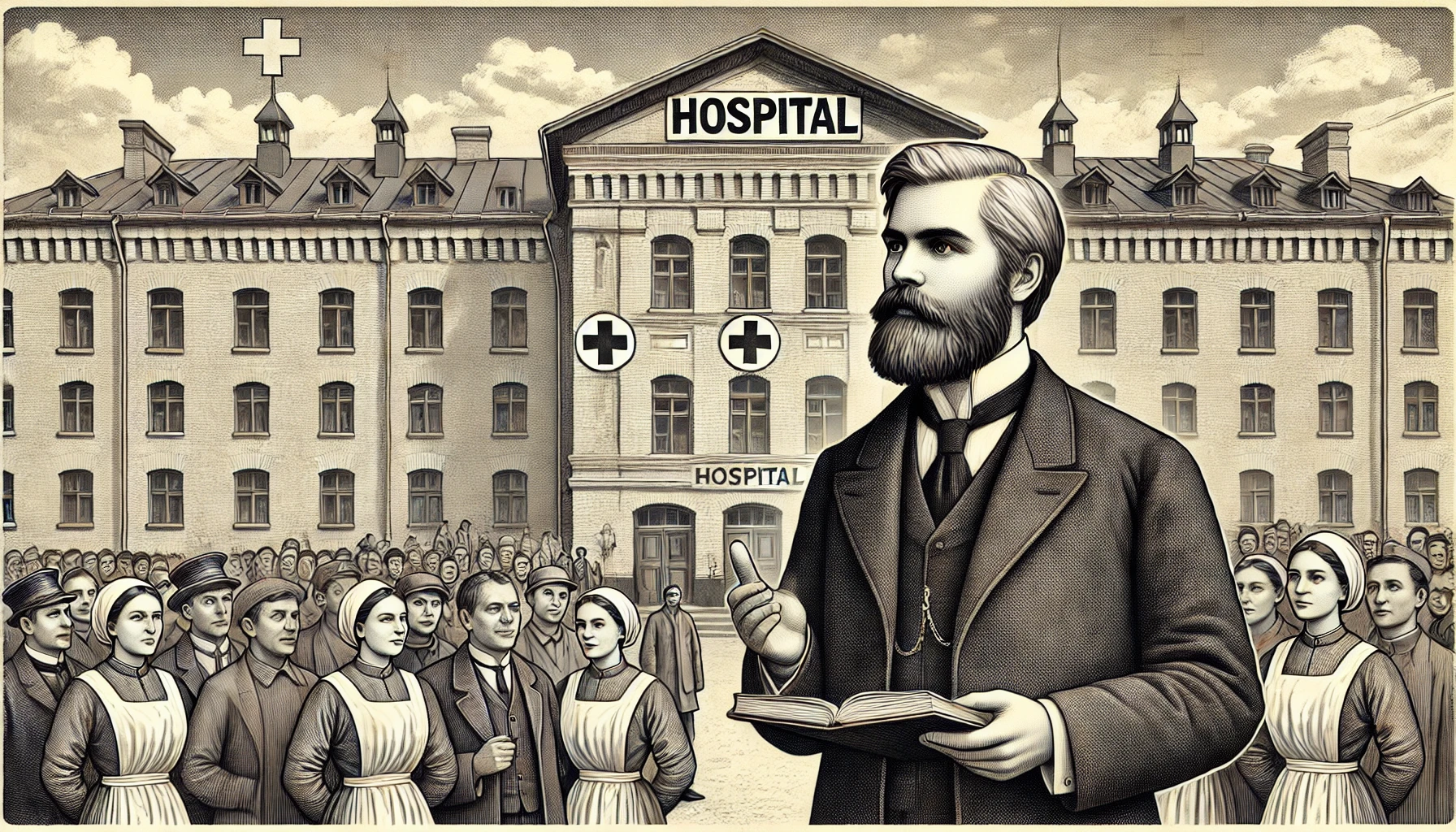Beyond the Beard: The Real Stories Behind Karl Marx’s Philosophy
Karl Marx’s philosophy often gets reduced to slogans like “Workers of the world, unite!” or debates about communism vs. capitalism. But beneath the iconic beard lies a rich tapestry of personal experiences and intellectual influences that shaped his revolutionary ideas.
Marx wasn’t just a bookish theorist—he was a man who lived through economic hardship, family tragedy, and political exile. His experiences deeply informed his work. For instance, Marx’s struggle to support his family, often relying on loans from his collaborator Friedrich Engels, gave him firsthand insight into the crushing weight of financial insecurity. It’s one thing to write about alienation; it’s another to feel it in your bones.
His philosophy was also shaped by the intellectual giants of his time. Hegel’s dialectics inspired Marx’s method of understanding history as a series of conflicts, while Adam Smith’s economics helped him articulate his critique of capitalism. Yet, Marx’s genius lay in his ability to synthesize these ideas into something entirely new—a blueprint for understanding and dismantling systemic inequality.
Marx’s personal relationships also played a key role in his work. His wife, Jenny von Westphalen, was his staunchest supporter, editing his manuscripts and enduring countless moves across Europe as Marx fled persecution. Engels, meanwhile, wasn’t just a co-author; he was Marx’s financial lifeline and intellectual partner, offering insights from his own observations of working-class life in Manchester.
Marx’s story is a reminder that philosophy isn’t born in a vacuum. It’s shaped by the messy, complex realities of life. Beyond the beard, Marx was a man driven by empathy for the oppressed, a relentless curiosity, and an unshakable belief in humanity’s potential for change. Understanding his philosophy means understanding the man behind it—a thinker who transformed his struggles into a legacy that still resonates today.
Originally posted 2024-11-19 04:58:21.



